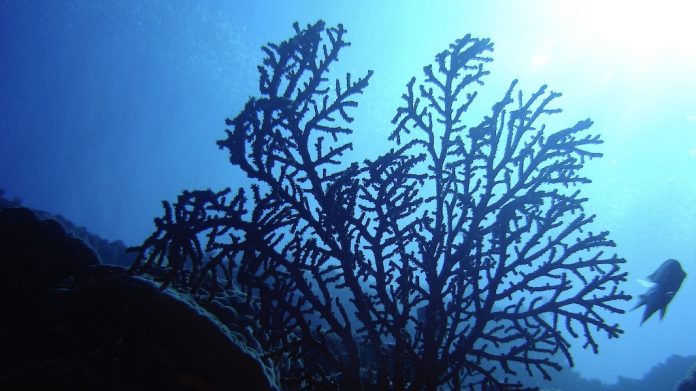Transcript:
The ocean absorbs almost a third of the world’s climate-warming carbon pollution, so it plays a critical role in limiting global warming.
And scientists are researching ways to help the ocean absorb and store even more CO2.
Alicia Karspec is with [C]Worthy, a nonprofit research group that’s investigating a method called ocean alkalinity enhancement.
The approach involves adding certain crushed minerals – like lime or silicate – to the ocean. That increases the water’s alkalinity, triggering a chemical process that converts dissolved carbon dioxide into a molecule called bicarbonate. The carbon then stays locked in this form for thousands of years.
Karspec: “It’s actually a natural process that happens already on very long geologic timescales, and it’s a matter of just accelerating that natural process.”
Doing so reduces the amount of dissolved CO2 at the ocean’s surface.
Karspec: “ … which then allows the ocean to actually take up more carbon from the atmosphere.”
Her group is partnering on research to study the approach and monitor its impact on marine ecosystems and ocean chemistry.
There are many questions to answer before it can be deployed on a large scale, but it could one day provide a way to help reduce climate change.
Reporting credit: Sarah Kennedy / ChavoBart Digital Media




